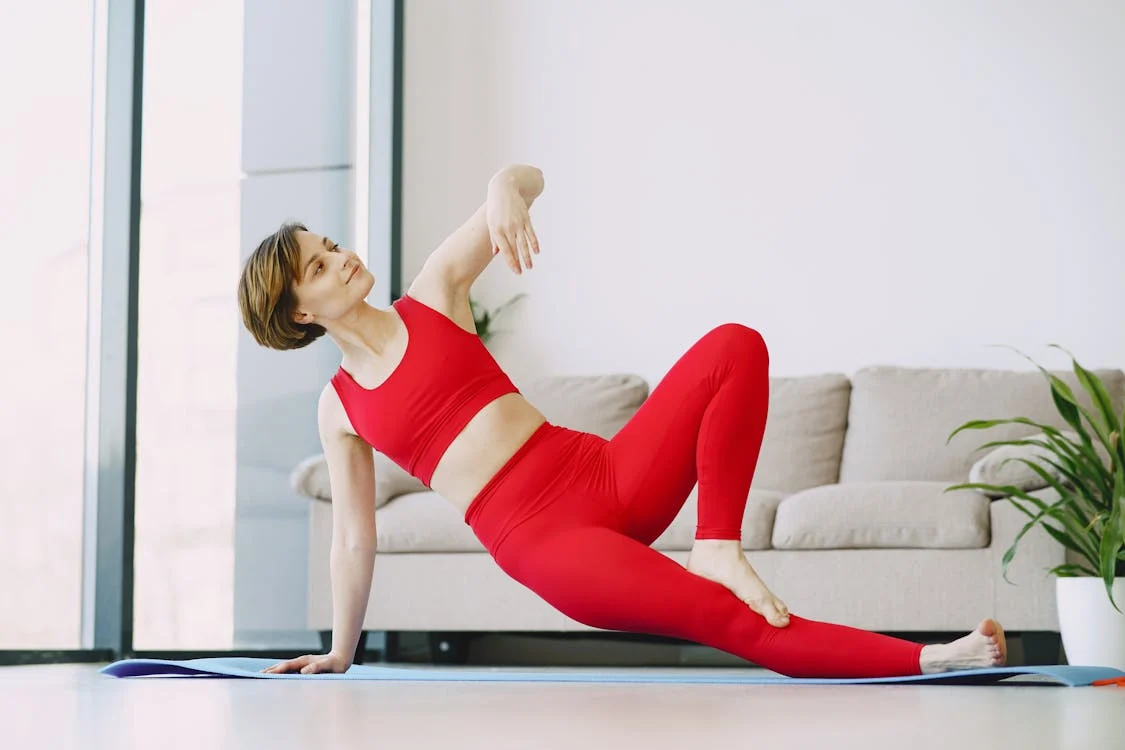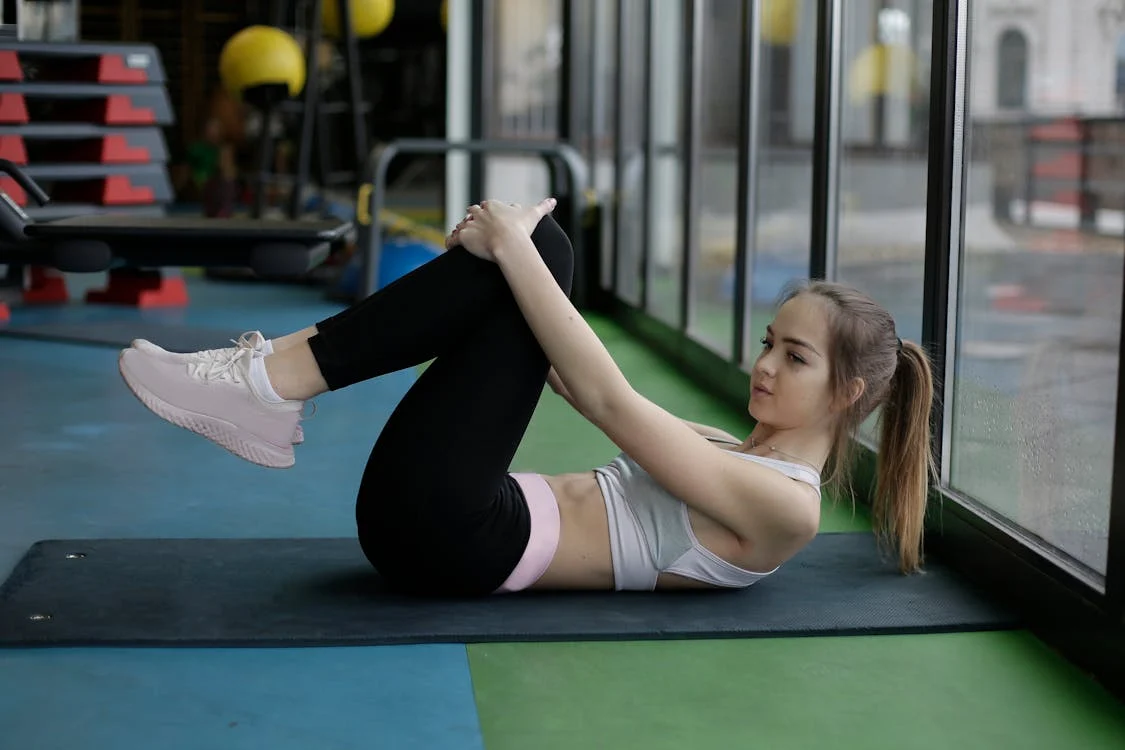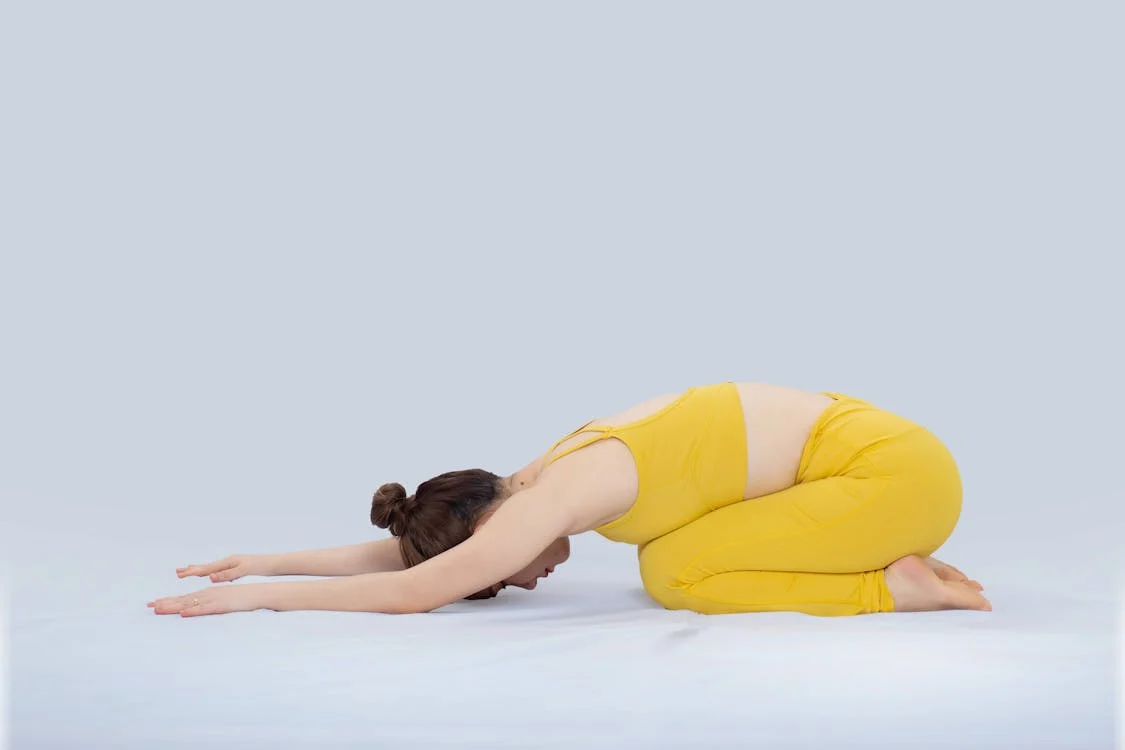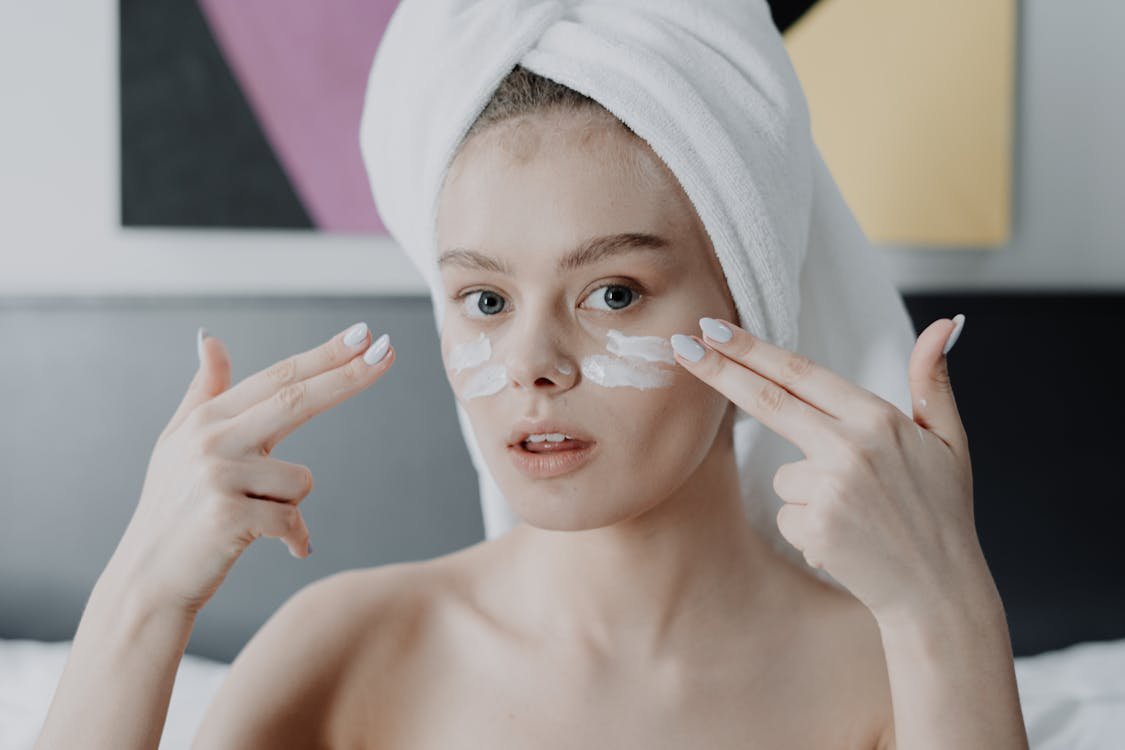In today’s fast-paced world, women often juggle multiple responsibilities—family, work, relationships, and personal aspirations. Amid these demands, it’s easy to neglect personal well-being, especially physical health. However, taking care of your body is not only essential for physical health but also for mental and emotional well-being. Physical self-care for women is crucial for sustaining energy levels, managing stress, and improving overall quality of life. In this blog post, we will explore what physical self-care looks like for women, why it’s essential, and how to incorporate it into daily life.
What is Physical Self-Care?
Physical self-care involves practices and habits that promote good physical health and well-being. For women, this includes activities that boost cardiovascular health, enhance strength and flexibility, manage weight, improve skin health, and ensure a balanced diet. While the focus is on taking care of the body, physical self-care also plays a significant role in mental health, offering an outlet for stress relief, relaxation, and mental clarity.
Physical self-care isn’t just about going to the gym or getting a massage, though both are excellent practices. It encompasses a wide range of actions, including rest, nutrition, exercise, hygiene, and regular medical check-ups. The ultimate goal is to nurture the body in a way that allows women to feel energized, capable, and ready to face life’s challenges.
The Benefits of Physical Self-Care
Boosts Energy Levels
When women take time for physical self-care, they provide their bodies with the necessary tools to recharge and maintain energy. Proper sleep, exercise, and good nutrition help the body function at its best, leading to more energy throughout the day.Reduces Stress and Anxiety
Exercise is one of the best ways to reduce stress. Physical activity triggers the release of endorphins, the body’s natural mood boosters. Whether it’s yoga, running, or a walk in nature, physical movement can significantly lower levels of anxiety and improve mental clarity.Improves Sleep
Quality sleep is integral to good health. Regular physical activity, a balanced diet, and stress reduction contribute to better sleep patterns. A well-rested body is more efficient, and sleep plays a crucial role in immune function, brain health, and emotional well-being.Promotes Longevity
Engaging in physical self-care is essential for longevity. Regular physical activity reduces the risk of chronic diseases such as heart disease, diabetes, and high blood pressure. A healthy body is less likely to face debilitating health conditions as you age.Enhances Self-Confidence
Taking care of the body can improve body image and boost self-esteem. Whether it’s achieving fitness goals, eating a nutritious meal, or simply feeling strong, physical self-care helps women feel more confident and positive about themselves.
Key Areas of Physical Self-Care for Women
Now that we understand the importance of physical self-care, let’s break down the key components and how they contribute to a well-rounded approach to health.
1. Exercise and Movement
Exercise is essential for maintaining a healthy body. Whether it’s aerobic exercises like running, cycling, swimming, or strength training, regular movement keeps the body in top shape. For women, exercise helps regulate weight, builds muscle, improves bone density, and supports heart health. It’s important to engage in exercises that are enjoyable, as consistency is key.
Tips:
- Find a physical activity you love, whether it’s dancing, yoga, Pilates, or hiking.
- Start slow and build up to more challenging routines.
- Try to incorporate both cardio and strength training into your weekly routine for a balanced approach.
2. Nutrition and Hydration
What you put into your body plays a major role in physical self-care. A balanced diet provides the nutrients your body needs to function optimally. Eating a variety of whole foods, including fruits, vegetables, whole grains, lean proteins, and healthy fats, is vital for good health.
In addition to a nutritious diet, staying hydrated is equally important. Water aids digestion, flushes out toxins, and keeps skin healthy. Dehydration can lead to fatigue, poor concentration, and even headaches.
Tips:
- Focus on a balanced, nutrient-dense diet that includes plenty of vegetables, fruits, and whole foods.
- Limit processed foods, refined sugars, and excessive caffeine.
- Aim for at least eight glasses of water a day, or more if you’re active.
3. Rest and Sleep
Sleep is often overlooked when it comes to self-care, but it’s one of the most important aspects of physical health. Poor sleep can lead to a weakened immune system, weight gain, and difficulty concentrating. A good night’s rest allows your body to repair and recharge.
Women need about 7-9 hours of sleep each night. Establishing a bedtime routine, such as limiting screen time before bed, creating a relaxing environment, and sticking to a regular sleep schedule, can help improve sleep quality.
Tips:
- Create a bedtime routine that promotes relaxation, such as reading or taking a warm bath.
- Avoid heavy meals, caffeine, or alcohol close to bedtime.
- Maintain a consistent sleep schedule, even on weekends.
4. Self-Massage and Body Care
Taking time to care for your body beyond physical exercise can be incredibly rejuvenating. Self-massage, skin care routines, and even the occasional spa treatment are all ways to show your body some love.
Massages help with muscle recovery, reduce tension, and improve circulation. A regular skincare routine, including moisturizing and exfoliating, can help keep your skin feeling healthy and fresh.
Tips:
- Use essential oils, lotions, or creams to give yourself a relaxing massage after a long day.
- Practice a skincare routine with products suited to your skin type.
- Treat yourself to a professional massage or spa treatment occasionally.
5. Regular Check-ups
Physical self-care also includes preventive care. Regular check-ups with your doctor, dentist, and other healthcare providers are crucial for monitoring your health and addressing potential issues before they become serious problems.
These check-ups can include routine blood tests, mammograms, pap smears, and dental cleanings. Staying on top of your health will help you catch any potential problems early and ensure a long, healthy life.
Tips:
- Schedule regular doctor’s visits, even if you feel healthy.
- Keep track of your health history and any changes in your body.
- Don’t ignore any unusual symptoms—early detection can prevent many health issues.
How to Incorporate Physical Self-Care into Your Routine
Making physical self-care a priority requires planning and consistency. However, it doesn’t need to be overwhelming. Here are some ways to weave self-care into your everyday life:
Start Small: If you’re not currently practicing physical self-care, begin with small changes. Start by drinking more water, taking short walks, or adding more vegetables to your meals.
Create a Routine: Dedicate time each day to physical self-care. Schedule exercise, meal prep, and self-care practices into your calendar. Treat it as an essential part of your day.
Listen to Your Body: Pay attention to how your body feels. Rest when you need it, push yourself when you’re ready, and adjust your routine based on how you’re feeling.
Ask for Support: If you’re struggling to make self-care a priority, talk to friends or family members who can offer encouragement. Join a workout class or a wellness community for motivation.
Make it Enjoyable: Choose physical activities and self-care practices that you enjoy. Whether it’s a hobby, a favorite workout, or a skincare routine, physical self-care should bring you joy.
Physical self-care is an essential part of every woman’s well-being. By focusing on exercise, nutrition, rest, hydration, and preventive health, women can maintain their energy, reduce stress, and improve their overall quality of life. While life can get busy, it’s important to remember that taking care of yourself is not selfish—it’s necessary for being the best version of yourself for others and yourself. Whether you’re taking a moment for a quick walk, preparing a healthy meal, or simply resting, physical self-care is the foundation for a balanced and fulfilling life.








